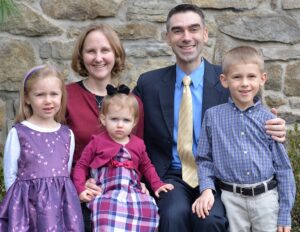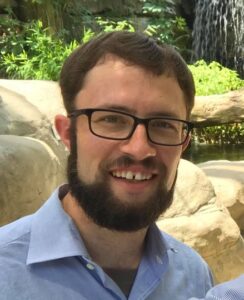April 10, 2020
No Comments
Many of God’s people lament the moral decline in America and are petitioning the God of Heaven to send revival to our land; no one would deny that we desperately need it! Some admit that revival is theoretically possible, but are skeptical that it will ever come. They say we have gone too far away from God. But surely, America has not gone farther downhill than Nineveh. Our perverted society is only a step behind Sodom, but Sodom would have repented if Jesus would have performed His mighty works there as He did at Capernaum (Matthew 11:23).
What results are we praying for? What will revival look like or accomplish if it comes to our country? We hope revival will yield spiritual benefits. We hope it will bring an increased church attendance, separation of church members from the world, more prayer, more love for the Bible, more souls saved in our churches and in our community, better offerings, more churches planted in America to replace those that have gone liberal or died, and more young people training for and entering the ministry. (At a large Christian college, the last graduating class of nine hundred eighty students contained only eight or nine mission majors. I have been on that campus twice and found these fine young people preparing to stay in the United States and be good, upstanding Christian nurses, businessmen, engineers, policemen, lawyers, doctors, teachers, graphic designers, computer scientists, and so forth. Few, however, are planning to be ministers in general, and fewer still intend to be missionaries and take the Gospel to where it has never been.)
We anticipate that revival will benefit our society. We hope that revival would greatly damage the liquor and drug business, close down abortion clinics, and generally bring some old-fashion decency to our country again. We probably would not say it out loud, but we may hope that revival would produce more American patriotism and converts to our political view. Yes, by all means, we should be praying for revival in America! At the same time, however, is not our prayer somewhat selfish and short-sighted?
Why hasn’t it occurred to us to pray for revival in Malaysia, Morocco, or Moldova? As far as I know, they have not experienced revival in Bulgaria, Bangladesh, or Benin in a long, long time. How many churches have been planted recently in the Netherlands, Niger, or North Korea? And what about Germany, Gabon, or the Republic of Georgia? Don’t they need revival as well? Church attendance and soul winning are needed in Lebanon, Lesotho, and Lithuania. Although devoted, separated people are praying in Afghanistan, Algeria, and Azerbaijan, they, for the most part, are not praying to our God. And talk about converts, their religion is getting them! It is adding to its number in our country, too! (We failed to evangelize them where they live; now they have come to proselytize us here!)
As worthy as our request for revival in America is, and at the risk of sounding un-American, may I remind us that Jesus did not command us to pray for revival in America. Rather He commanded us to lift up our eyes upon the fields. He said, “The harvest truly is great, but the labourers are few: pray ye therefore the Lord of the harvest, that he would send forth labourers into his harvest” (Luke 10:2). And, where is the harvest the greatest? Where are the harvesters so few and so desperately needed? On foreign mission fields!
Are we really praying for missionaries to be raised up and sent out by our churches? We pray for enough money to meet the budget and support the missionaries we have. We may even ask God for new ones (to come to us from other churches) to replace the ones that have died or left the field in recent months. It seems that for many churches the best they can say is, “We are holding our own.” For the most part, we are not praying for missionaries to come from our church or our family. I hope someone somewhere is praying that God will send out missionaries from his church, but I have rarely heard it. Maybe we doubt that it can happen, or worse yet, perhaps we really don’t want it to happen! (We think we can’t afford it, or we don’t want to be separated from those we love.) We pray for what is important to us, and we usually get what we pray for. “…ye have not, because ye ask not” (James 4:2d). Then is our lack of new missionaries a reflection of our lack of prayer for them?
Should we stop praying for revival in America? Absolutely not! It would be wrong to not pray for America! “Moreover as for me, God forbid that I should sin against the LORD in ceasing to pray for you:” (1 Samuel 12:23). However, if our prayer does not include a sincere, fervent begging for God to send laborers to the other one hundred and ninety-four countries, to the other seven thousand ninety-six languages, and to the seven thousand plus unreached people groups, then our prayer is short-sighted at best and selfish at worst. (I almost added “sinful.”)
Maybe God would be pleased to answer our prayer for revival if it included His entire harvest field. My Bible does not say, “For God so loved America…” It says that God gave His Son to die for every sinner in the world. If we were infused with God’s love and desire for all the world, doesn’t it stand to reason that He would be more willing to answer our prayer for revival in our own country?
“And this is the confidence that we have in him, that, if we ask any thing according to his will, he heareth us: And if we know that he hear us, whatsoever we ask, we know that we have the petitions that we desired of him” (1 John 5:14-15). Yes, we cry out for revival and all the blessed results that it will bring to our homes, our churches, and our country; but the number one result of real, God-sent revival must be complete obedience to the Great Commission of our Lord Jesus Christ!
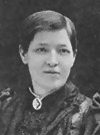
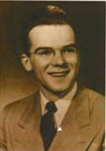

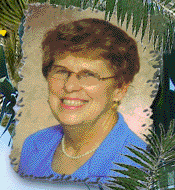

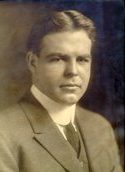
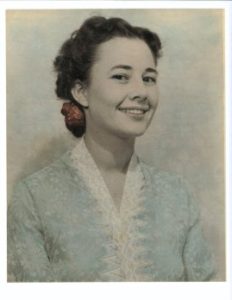
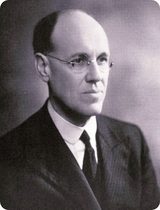
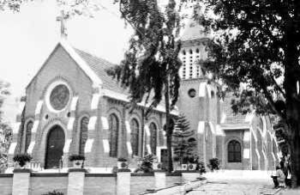
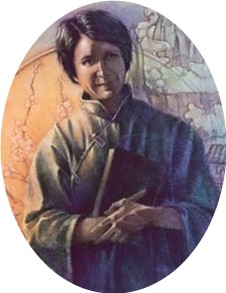
 The 394,842 Dang Tharu of Nepal live just south of the Himalayan Mountains. They are of Mongolian descent and make their living by farming and raising livestock.
The 394,842 Dang Tharu of Nepal live just south of the Himalayan Mountains. They are of Mongolian descent and make their living by farming and raising livestock. Speakers of the Marka Dafing language are manifold: 25,000 in the Mali Republic and 200,000 in Burkina Faso (located directly north of Ghana). The dialects of Marka Dafing are: Safané, Nouna, and Gassan. In Burkina Faso, these people live on the plains as agriculturalists.
Speakers of the Marka Dafing language are manifold: 25,000 in the Mali Republic and 200,000 in Burkina Faso (located directly north of Ghana). The dialects of Marka Dafing are: Safané, Nouna, and Gassan. In Burkina Faso, these people live on the plains as agriculturalists.